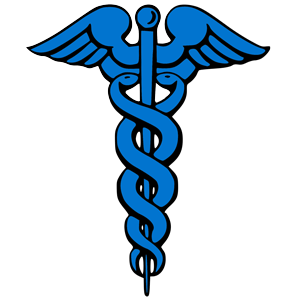 A study led by researchers at the medical schools of New York University and Yale University has found “an association between racial and ethnic discrimination and the effectiveness of medical schools in nurturing students’ personal and professional identity formation (PPIF). African American or Black students were less likely than their White counterparts to feel that medical school contributed to their development as a person and physician.”
A study led by researchers at the medical schools of New York University and Yale University has found “an association between racial and ethnic discrimination and the effectiveness of medical schools in nurturing students’ personal and professional identity formation (PPIF). African American or Black students were less likely than their White counterparts to feel that medical school contributed to their development as a person and physician.”
The study conducted a survey of 37, 610 medical students who matriculated in 2014 or 2015. About 21 percent of these students were Black. Overall, 72.5 percent of respondents stated that medical school fostered their personal development and 91.9 percent said their medical training facilitated their professional development. Among Black medical school students, 65.2 percent stated that medical school aided their personal development and 88.8 percent thought their professional development was enhanced by their experiences in medical school These rates were the lowest of any racial or ethnic group.
Racial discrimination was inversely associated with development. Those experiencing isolated discrimination and recurrent discrimination had relatively lower likelihoods of PPIF. African American or Black students experienced the highest rate of recurrent discrimination.
The authors concluded that “African American or Black students were less likely than their White counterparts to feel that medical school contributed to their development as a person and physician.” They recommended that “more work is needed to elucidate the mechanisms by which racial and ethnic discrimination may be associated with PPIF in medical school and to design multilevel interventions to eradicate racial and ethnic discrimination and support the holistic development of all students, with a particular focus on those students underrepresented in medicine.”

